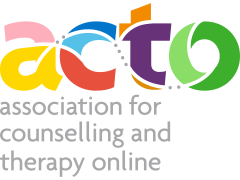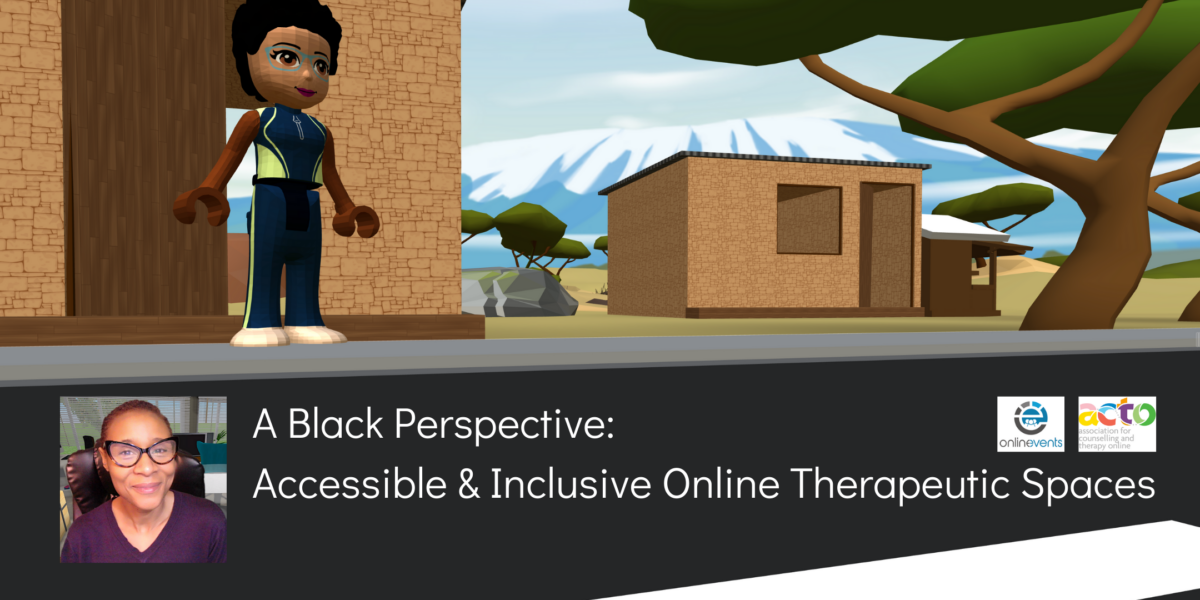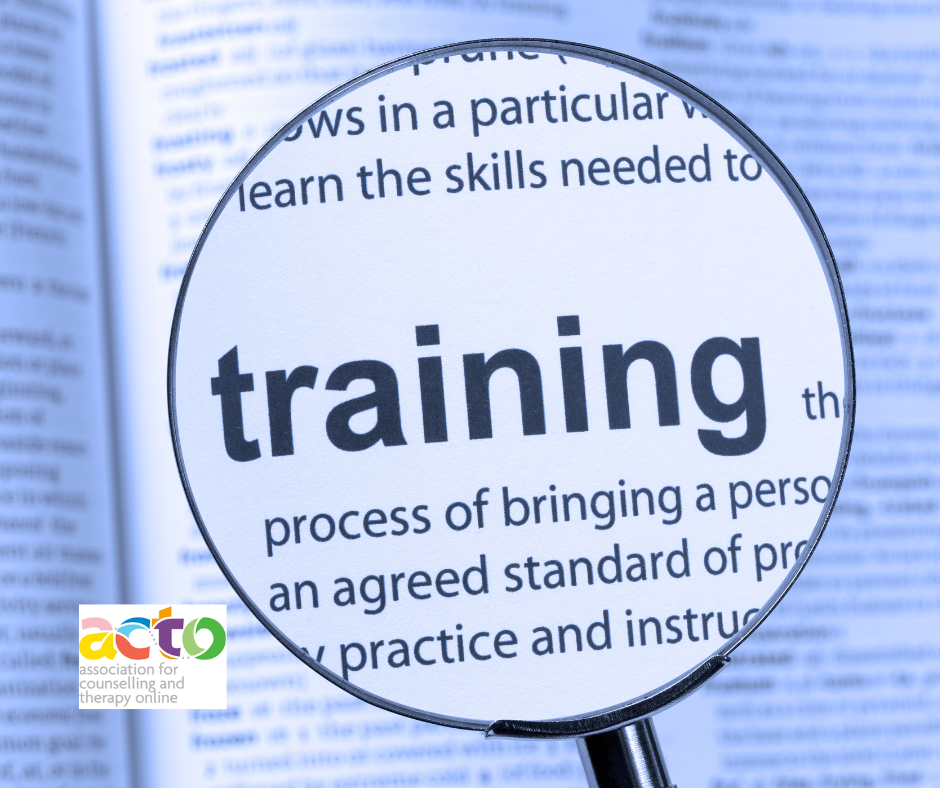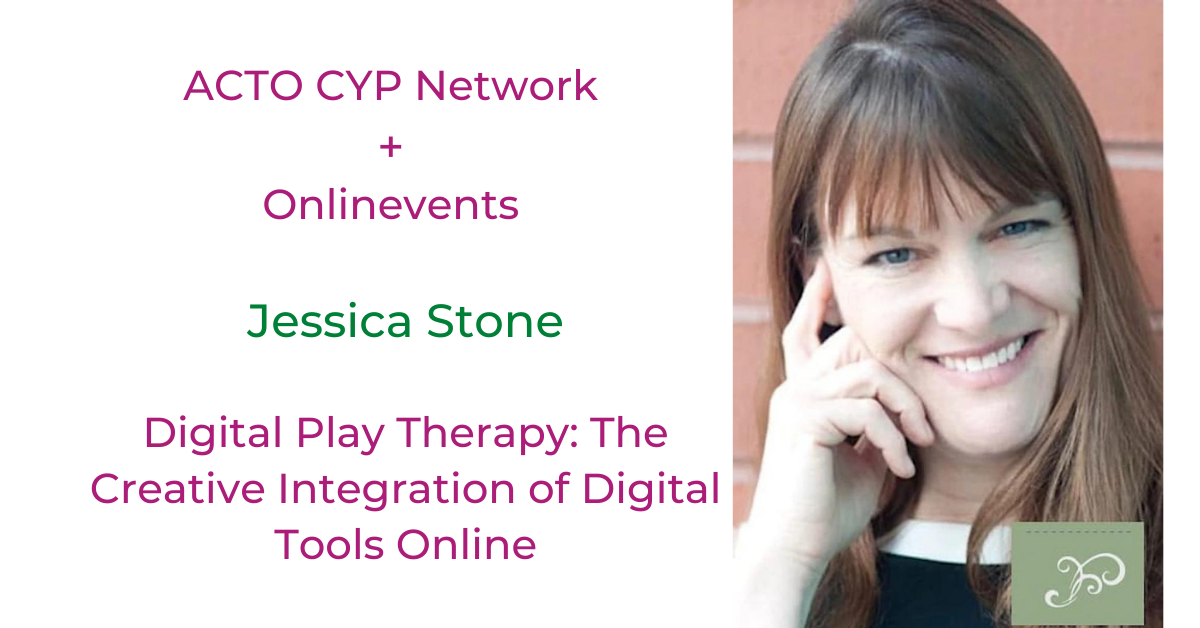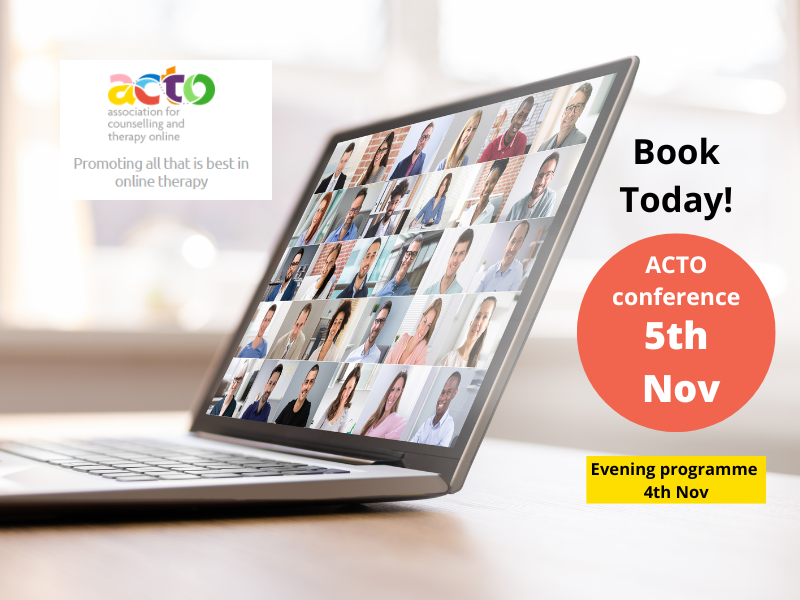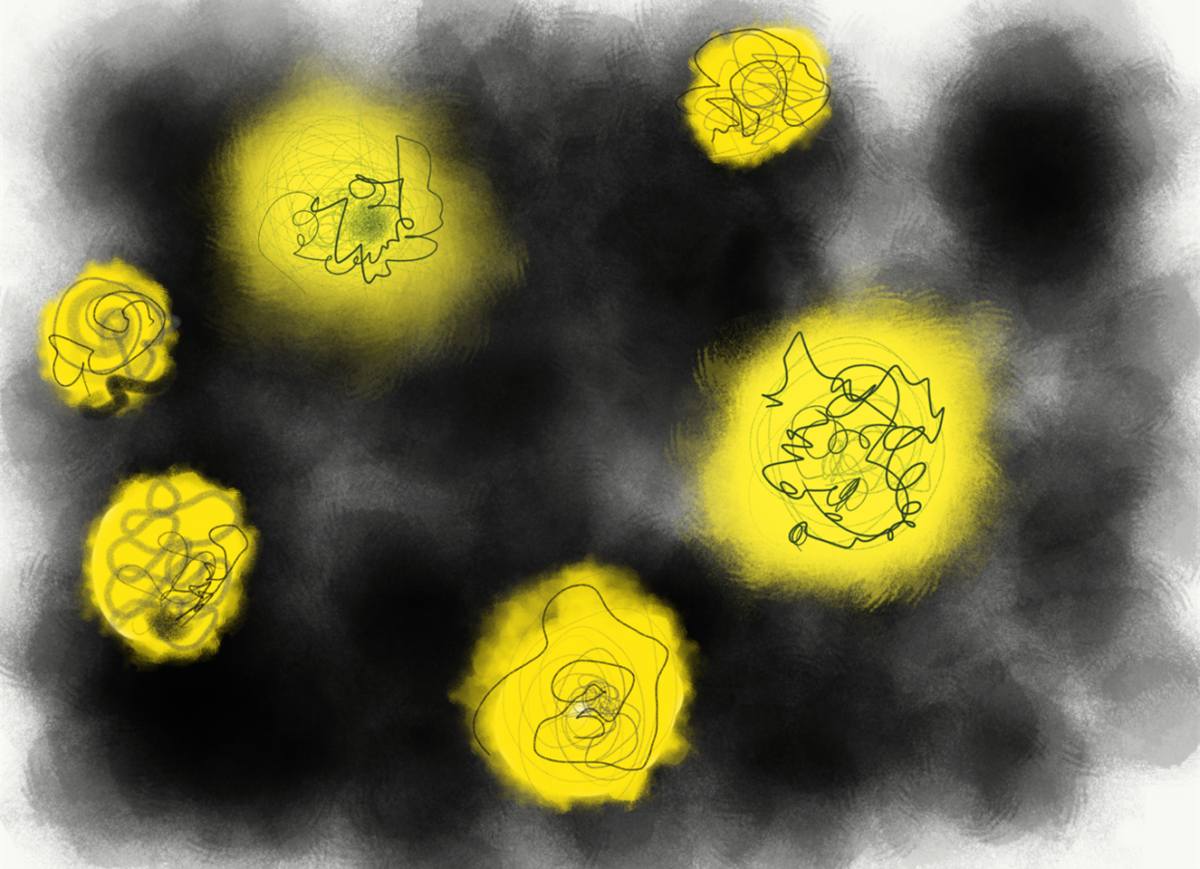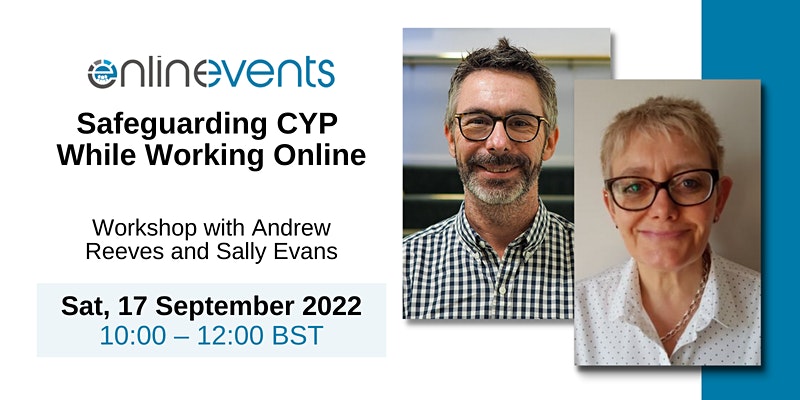Date: Sat, 25 March 2023,
Time: 10:00 – 12:00 GMT
Date & Time: Sat, 25 March 2023, 10:00 – 12:00 GMT
In this workshop Lesley examines how her creative journey using immersive technology led her to embrace important, collective challenges and experiences faced by many of the UK’s Black mental health professionals. She reflects on lasting disruptions caused by the recent pandemic and the eruption of new technology in psychotherapy; taking you on a journey to explore innovate ways to use a virtual therapy space in private practice with children and young people.
Lesley shares highlights from her personal and professional journey and guides you through a therapeutic experience using immersive visualizations and 3D tools as you reflect on your own self-identity. She focuses on the importance of using technology to create online therapeutic spaces which are inclusive and accessible to all.
Who is This Workshop Appropriate For?
- Qualified and in-training Counsellors, Psychotherapists or Psychologists working online with Children & Young People
How May This Workshop Impact Your Practice?
- Working in this way can help professionals working online to reflect on the self-identity needs of all clients, and especially those with differences in culture and neurodiversity.
Lesley is an experienced Child and Adolescent Psychotherapist and certified Cyber-Therapist. She has used her long-held passion for imagery, music and the creative arts to underpin her professional training at the Institute for Arts in Therapy and Education.
She has run her private psychotherapy practice since 2017 and she moved from ‘in-person’ therapy to a 3D virtual playroom in 2020. Her therapeutic framework combines neuroscience, digital creative arts, and a blend of the physical and virtual worlds to deliver playful, immersive interventions.
Lesley’s lived experience as a black, British professional has led to her special interest in raising the profile of neurodiversity, especially amongst care-experienced children and young people with a cultural connection to the African diaspora. For several years she worked for a national UK charity as a young people’s advocate and independent mental health advocate.
Lesley designs and delivers her own series of cyber-creativity workshops and training programmes. Her goal is to help mental health professionals to gain IT skills and confidence for online creative arts therapy.

Website | www.lesleysimpson-gray.com
Instagram | lesley.simpsongray
Youtube | Lesley Simpson-Gray Psychotherapy
Twitter | @CyberPsychothe1
LinkedIn | Lesley Simpson-Gray
